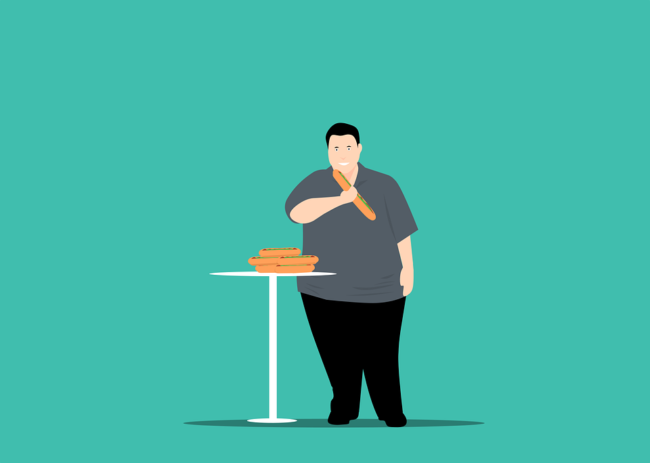Are you looking for ways to be the voice of reason for a loved one who’s been mixed up with a few unhealthy habits but can’t seem to shake them off? Well, you came to the right place.
A bad habit can be excessive smoking, drinking, and obsessively using mobile phones to unhealthy eating and nail-biting. Sure, these may seem like the kind of things you do as a pass-timer, but before you know it, they consume every part of you. Safe to say, bad habits aren’t easy to break. If you think about it, the effects of bad habits are like a double-edged sword – it can seem favorable to the one involved but unfavorable to the people around.
So, with that being said, what can you do to help someone recover from unhealthy habits? For starters, exhibiting an “I am here for you” attitude is always helpful to those who need help (but will never admit it!). Secondly, there are plenty of practical techniques and tricks that can be used to help someone nip their behavioral vices in the bud. By observing the ways below, you can help your loved one break any unhealthy habit or addiction:
1. Start with recognizing the limitations
People’s attitudes toward change vary from total aversion to acceptance, and they can change from time to time. Sometimes your loved one is uninterested in changing things, and the conversation ends there. In those situations, it’s critical to remember that you have no control over anyone else’s behavior.
Don’t chastise yourself for the actions of a loved one. Instead, explain to them the adverse consequences their behavior or habits can lead to in the long run. For instance, if your loved one is indulging in alcohol or drug misuse, help them understand how it can severely impact their life quality. Also, assist them in getting clinical services to tackle such unhealthy habits.
2. Indulge mindfulness
Introducing the concept of mindfulness can help one become more aware of their actions, feelings, and thoughts. This practice consists of simply observing impulses related to your habit without judging or responding to them. As your loved one becomes more aware of these behaviors and the triggers that cause them, they may find it easier to consider letting go. Mindfulness practice can also help them notice how the habit affects their daily life. As the person-in-practice sees these effects, they may become more motivated to change the pattern.
3. Thought training
Any habit must first be formed in the mind before it can be carried out. Instead of thinking of the habit as enjoyable, allow your loved one to consider all of the negative consequences it has in their life. Use the negative aspects of that abnormal habitual pattern to fuel their contempt for the act itself. Furthermore, when the desire to engage in an old habit arises, hold that thought hostage. Consider how and why that thought occurred. Was it a friend who sparked the desire? Was it a location? Were you feeling lonely? Help them avoid the source that induced the desire to enter their mind at all costs.
4. Eliminate the problematic cues
At times, the “out of sight, out of mind” rule might not be an effective coping strategy when faced with anxiety. Still, it can make a significant difference when trying to break a bad habit. If you think about it, unhealthy habits are always triggered by cues, context, and the people around us. Most of the time, minimizing negative behaviors boils down to removing the signals that trigger them. So if you want to persuade a loved one to stop checking their phone so frequently? Assist them in taking minor steps that will benefit them. Suggest them to turn off push notifications or their phone entirely. And it would help if you did the same. You can help by not being a part of the problematic cues. If they want to stop snacking after lunch, for example, you might as well too.
5. Try alternatives
You may find it easier to help your loved one break a habit if you replace the unwanted behavior with something new and good. Assume you want to stop reaching for candy at work when you’re hungry. If you merely try to avoid the candy dish, you may relapse when you can’t resist the urge. Bringing a Tupperware of dried nuts and fruit to your desk, on the other hand, gives you another snack option. As you repeat the new behavior, the desire to stick to the new routine grows. After you see the benefits of the new habit — more energy and less of a sugar rush — the desire to continue this behavior may outweigh the interest in continuing the old practice. Thus, introduce this idea to your friend and help them replace their bad habits with good ones.
Conclusion
Unhealthy habits are downright disturbing, especially if they’re coming from someone close to you. With the ways mentioned above, you can help the person in distraught recover and lead a healthy life. Also, if your loved one is experiencing deeper habits, like emotional eating or substance abuse, the support of a professional can make a huge difference. Just remember that letting someone work through these issues by themselves is never a good idea, so be there for them (always).

